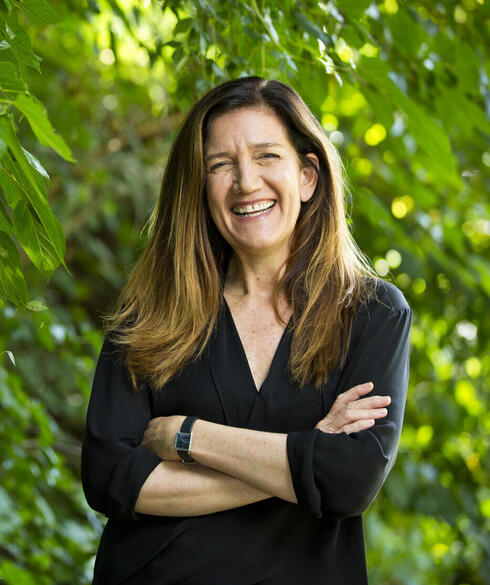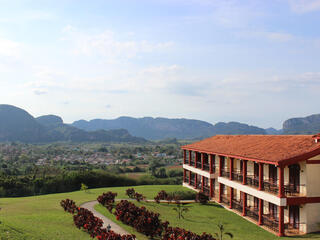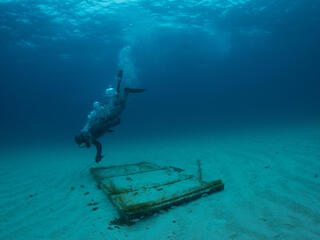When I was younger, I wanted to cure cancer. At that time, I didn’t have a real sense of all the ways in which you can be impactful in life, but I knew I wanted to do something meaningful. In high school I thought my only choices were to be a doctor or a lawyer, or to go into business.
I chose to major in pre-med in college, but began taking environmental field courses on the side. In one class we traveled to islands all along the Baja Peninsula to study scorpions. It was extraordinary, and it really opened up a whole new world to me.
Right after college, I got a job as a research assistant in Brazil. I lived with a group of scientists on a floating raft in a remote section of the Amazon River. The water would rise, and our raft would rise with it. We lived as part of the river. Where others might have been put off by the insects and thick vegetation, I was in love with everything I could see.
Within the year or so that I was down there, I saw the forest around us go from being totally pristine to 70% deforested. The Brazilian government at that time was handing out tracts of forest, encouraging families to leave overcrowded urban favelas and settle in the Amazon. One governor was even handing out chainsaws! Around the same time, there was increasing interest among scientists and the media about the connection between deforestation and climate change. I wanted to understand how the forest loss I was seeing in that remote area of Brazil was both impacting and being impacted by larger global dynamics.
After that, it was clear to me that conservation was my calling, not medical school. I entered UC Berkeley, where I completed my masters in environmental policy and PhD in energy and resources. Because of my experience in the Amazon, my graduate work focused on climate, specifically the impacts of climate change on biodiversity and ecosystem services, as well as the economic drivers behind it.
For someone who has spent much of her career on climate change, now is an exhilarating time. The 2015 Paris climate agreement marked a turning point; countries came to the table with concrete commitments. At the same time, many corporations now see climate change as a risk to their long-term viability. They are turning to NGOs and scientists to ask for help.



